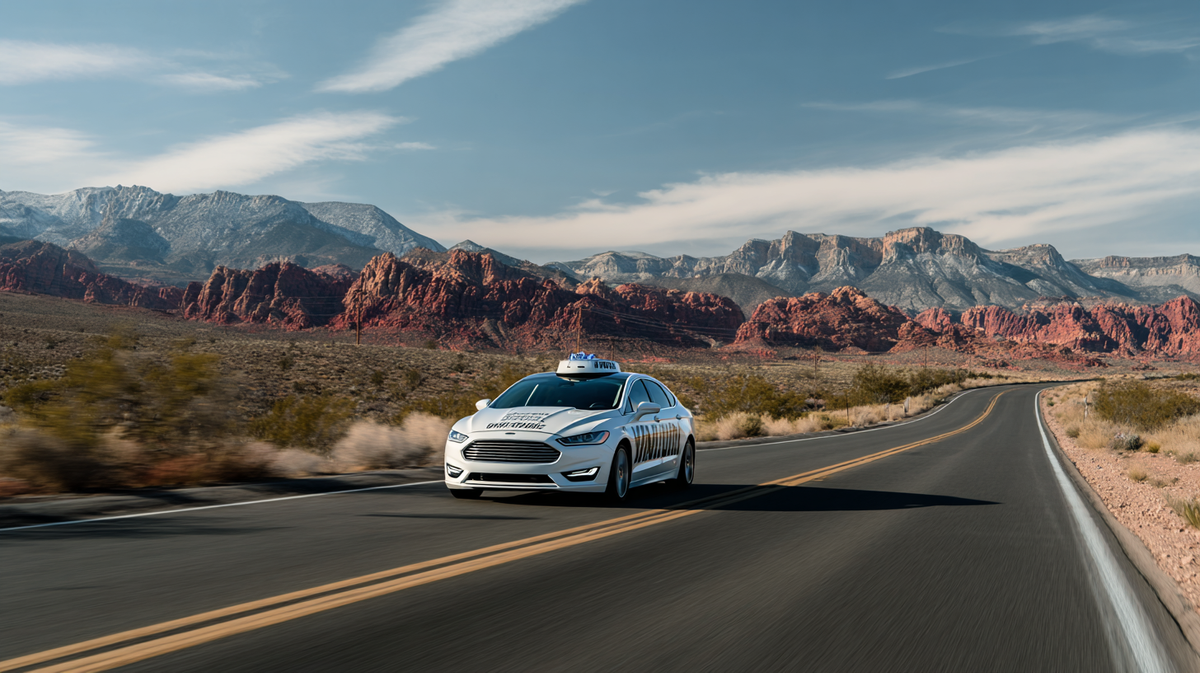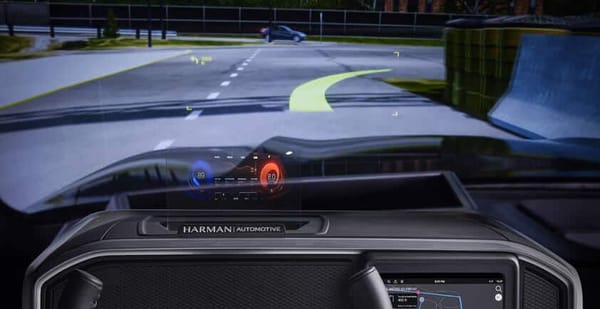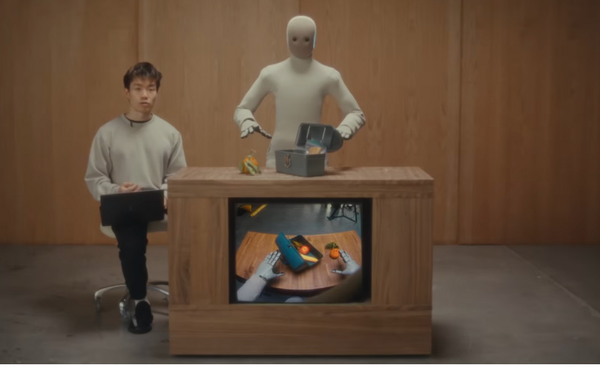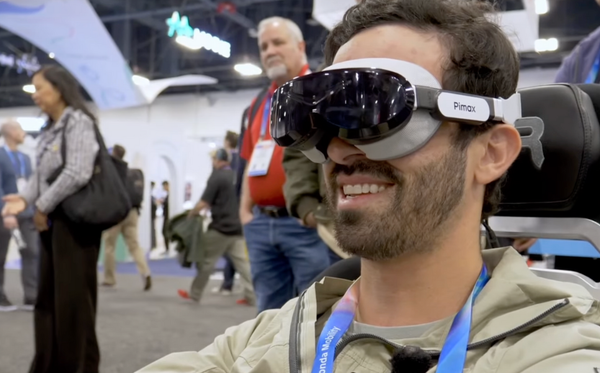Most Americans Still Wary of Self-Driving Cars, Survey Finds

- Just 5% of Americans have ever ridden in a fully autonomous vehicle, and only 17% say they’d feel comfortable doing so.
- Nearly half of Americans think self-driving cars will be safe and widely available by 2035, despite limited exposure today.
A June 2025 YouGov survey conducted in partnership with Omdia gathered responses from 1,000 Americans on their views around self-driving technology. Only 5% said they had ever ridden in an autonomous vehicle, with another 8% knowing someone who had. A striking 87% had no direct or indirect experience, highlighting the gap between public awareness and actual engagement.
When asked about riding in a vehicle without a human driver, only 17% of participants said they would feel comfortable, while 66% said they would feel uneasy. Men were more than twice as likely as women to express comfort, and younger people reported higher levels of ease than older adults.
Even with limited exposure, nearly half of the respondents believe autonomous vehicles will become both safe and broadly available by 2035. Just 13% of respondents said they don’t believe self-driving cars will ever become safe or widely accessible.
Safety concerns were cited by over three-quarters of respondents as their top issue with autonomous vehicles. Close behind were fears about potential system errors, underscoring anxiety around reliability. Younger Americans, particularly Gen Z, expressed stronger concerns about data privacy and the risk of vehicles acting maliciously.
🌀 Tom’s Take:
Although the technology has advanced significantly, the road to cultural acceptance of self-driving cars is much longer. As autonomous vehicles are introduced in limited geographic areas, most Americans remain cut off from direct exposure. If people don’t see it, they don’t believe it, and if they can’t try it, they can’t trust it.
Source: YouGov




